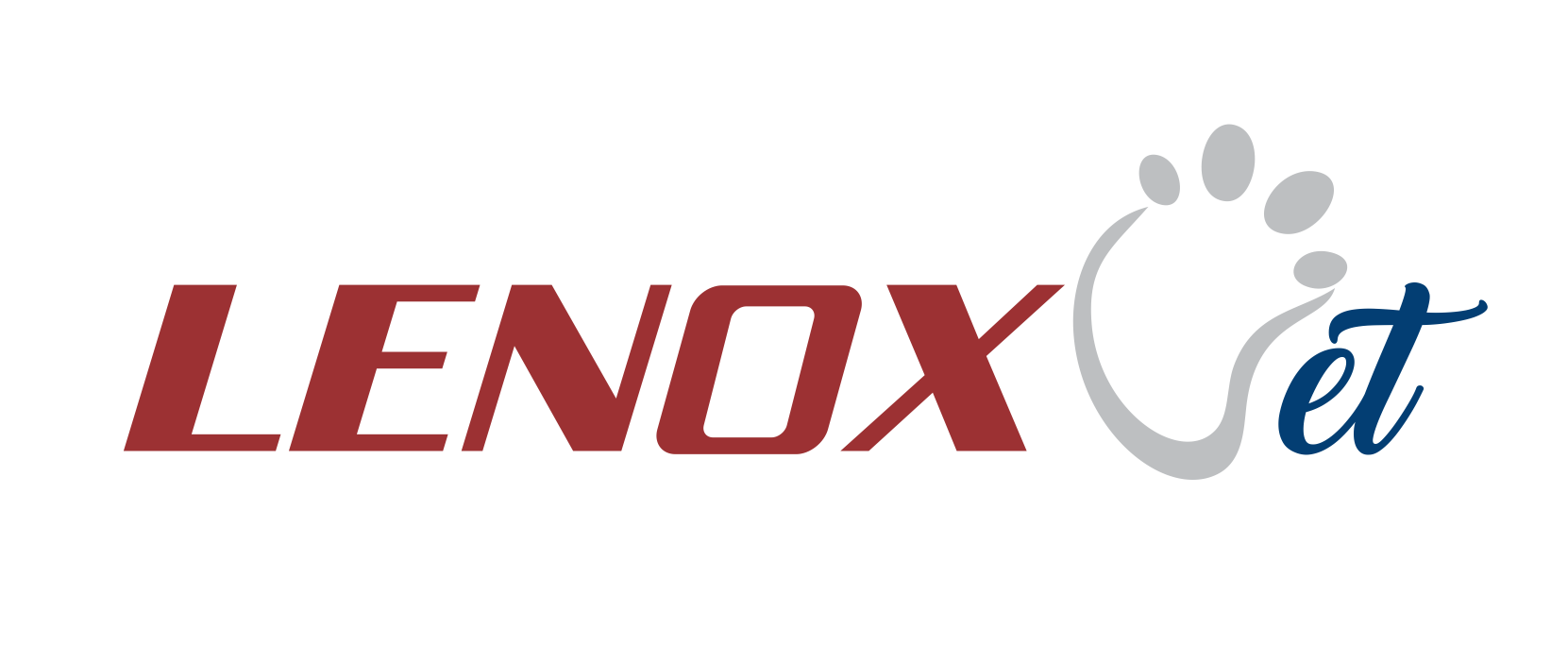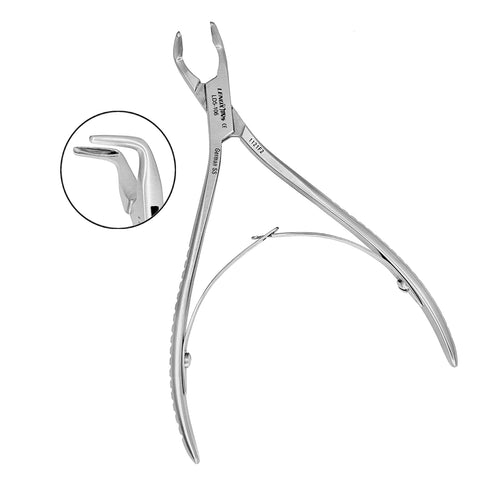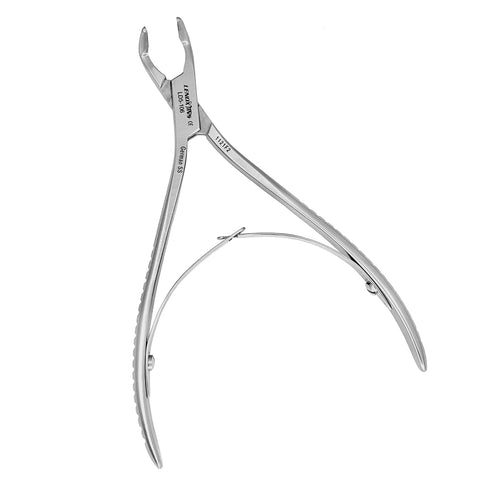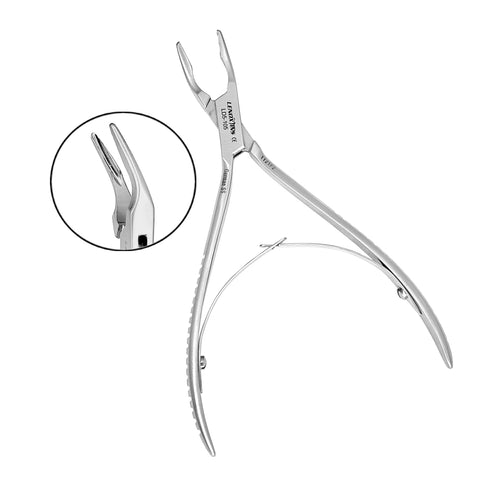Comparing Metzenbaum and Mayo Scissors in Surgical Applications
Comparing Metzenbaum and Mayo Scissors in Surgical Applications
Introduction
Selecting the appropriate surgical scissors is crucial for ensuring precision, safety, and efficiency in veterinary procedures. Two of the most widely used instruments—Metzenbaum scissors and Mayo scissors—offer distinct features designed for specific surgical tasks. At Lenox Vet, we provide high-performance surgical instruments crafted to meet the unique demands of veterinary professionals.
In this guide, you’ll learn:
✔ The design differences between Metzenbaum and Mayo scissors
✔ Which tool to use for specific tissue types
✔ How to maintain and select the best scissors for your practice
Metzenbaum vs. Mayo Scissors: Quick Comparison
| Feature | Metzenbaum Scissors | Mayo Scissors |
|---|---|---|
| Blade Design | Long, slender, curved/straight | Short, thick, straight/curved |
| Primary Use | Fine tissue dissection | Cutting dense tissue/sutures |
| Precision Level | High | Moderate |
| Length Range | 14–18 cm | 14–16 cm |
| Tissue Impact | Minimal trauma | Moderate trauma |
Detailed Overview
Metzenbaum Scissors
Designed for precision, these scissors have long, narrow blades ideal for delicate tissue dissection. They are lightweight, typically curved, and allow for intricate work around organs and blood vessels.
Best Uses:
-
Soft tissue surgeries (e.g., spays and tumor removals)
-
Dissecting connective tissues
-
Ophthalmic and neurological procedures
Mayo Scissors
Built for strength, Mayo scissors feature thicker blades and a more robust hinge to handle tough tissues. They come in both straight (ideal for cutting sutures and skin) and curved (for deep fascia and muscle dissection) variations.
Best Uses:
-
Muscle cutting and fascia separation
-
Suture removal in large animals
-
Umbilical cord trimming in neonates
Material and Durability
Both types of scissors are commonly made from German stainless steel, ensuring longevity and corrosion resistance.
-
Metzenbaum scissors: Best preserved for soft tissues; misuse can result in bending
-
Mayo scissors: More durable, but may require regular sharpening due to heavy-duty use
How to Choose for Veterinary Surgery
Choose Metzenbaum Scissors When:
✔ Performing surgeries on cats or small dogs
✔ Working around blood vessels or nerves
✔ You need a lightweight, precise tool
Choose Mayo Scissors When:
✔ Performing large-animal surgeries
✔ Cutting through fascia or fibrous tissue
✔ You need a stronger, more durable instrument
Maintenance Tips
-
Rinse immediately post-surgery with enzymatic solutions
-
Use ultrasonic cleaning followed by autoclaving at 134°C
-
Avoid using Metzenbaums for cutting sutures
-
Regularly test sharpness and hinge tension
-
Store in individual sheaths to prevent damage
Why Choose Lenox Vet Surgical Instruments?
Crafted from premium German stainless steel
Designed with veterinary ergonomics in mind
Available in various sizes for all animal types
Bulk purchase options for clinics and hospitals
Explore Our Surgical Scissor Collection:
Metzenbaum Scissors | Mayo Scissors
Case Highlight: Canine Splenectomy
Scenario: Deep abdominal access was needed during a splenectomy.
Tool Used: 16 cm Curved Metzenbaum Scissors
Result: Minimal bleeding and fast recovery due to clean, precise tissue separation.
Conclusion
Whether you’re performing a routine procedure or complex surgery, knowing when to use Metzenbaum vs. Mayo scissors is critical for veterinary success. With tools designed specifically for veterinary use, Lenox Vet ensures that every incision is accurate and every outcome optimized.
Need personalized instrument advice?
Contact Our Surgical Team














